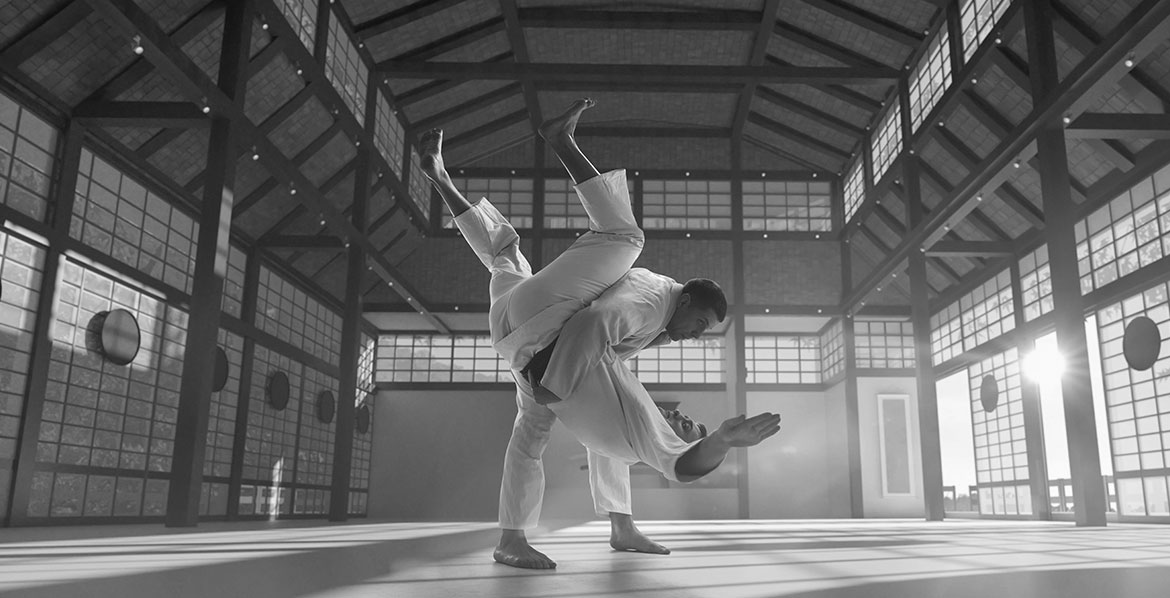
- 1
Over the years, Brazilian Jiu Jitsu (BJJ) has experienced an unprecedented rise in popularity on a global scale. What was once a relatively unknown martial art outside of Brazil has now become a mainstream discipline with practitioners and schools in countries all over the world.
The growth of BJJ can be attributed to several factors. Firstly, the success of Brazilian Jiu Jitsu practitioners in high-profile competitions, such as the UFC, has showcased the effectiveness of the art in real-life scenarios. This has attracted many martial arts enthusiasts who are eager to learn the techniques and strategies that have proven to be so effective in combat.
The emphasis on self-defense and practical techniques has resonated with individuals looking for a comprehensive martial art that can be applied in real-world situations. Unlike traditional martial arts, BJJ focuses on ground fighting, submissions, and leverage-based techniques, making it ideal for self-defense situations where size and strength are not the determining factors of success.
Additionally, the structure and organization within the BJJ community have played a critical role in its global spread. With the establishment of international tournaments, grading systems, and standardized training methods, BJJ has developed a sense of legitimacy and credibility that has attracted serious athletes and martial artists.
Moreover, the accessibility and inclusivity of BJJ have also contributed to its popularity. Unlike other martial arts that may require a certain level of physical fitness or athleticism, BJJ welcomes practitioners of all ages, genders, and body types. This inclusivity has created a diverse and welcoming community that encourages individuals from all walks of life to participate and improve their skills.
As a result of these factors, BJJ has experienced remarkable growth worldwide, with academies and practitioners establishing strong communities in countries such as the United States, United Kingdom, Australia, and many more. This global expansion has enhanced the collective knowledge and skill level of practitioners, further propelling the evolution and development of the art.
The rise of Brazilian Jiu Jitsu’s popularity can be attributed to various factors, including the success of practitioners in high-profile competitions like the UFC, the emphasis on practical self-defense techniques, the structured organization within the BJJ community, and its accessibility and inclusivity. As a result, BJJ has experienced remarkable growth worldwide, with academies and practitioners establishing strong communities in numerous countries.
